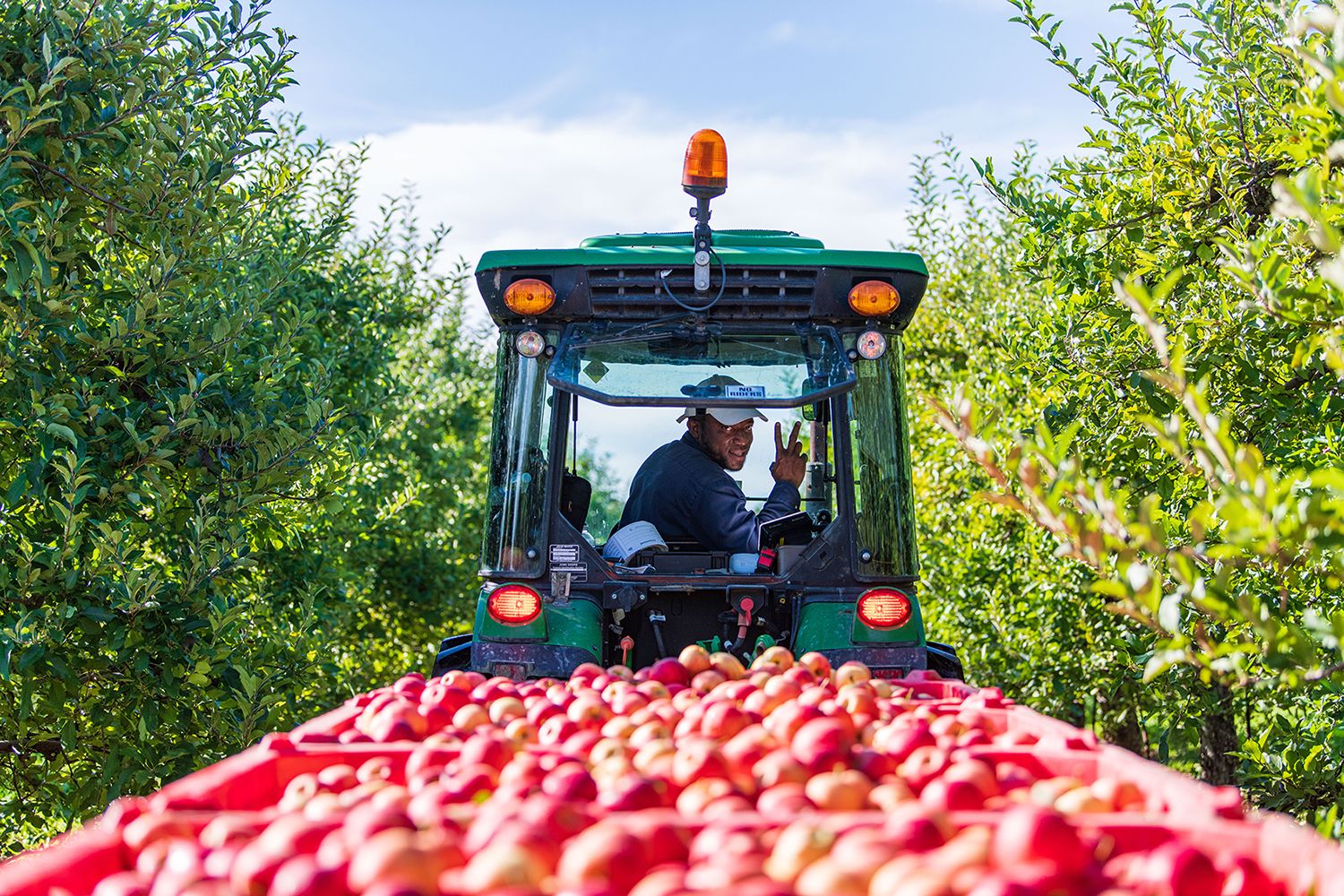;
;
;
Next Article
Farming in Ontario depends on the Seasonal Agricultural Worker Program helping producers connect with essential work
Last updated on May 12, 23
Posted on May 11, 23
3 min read
